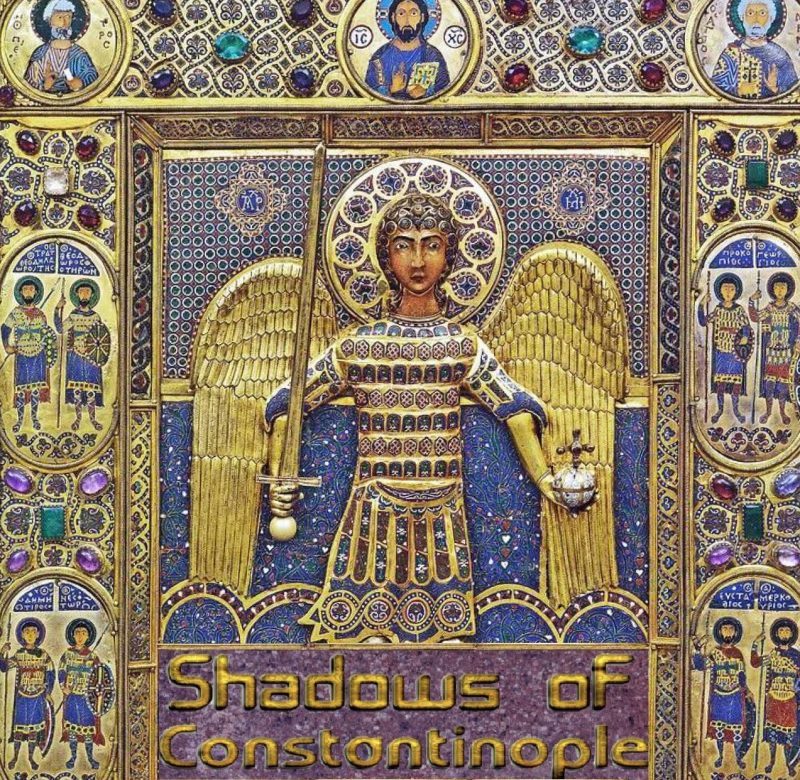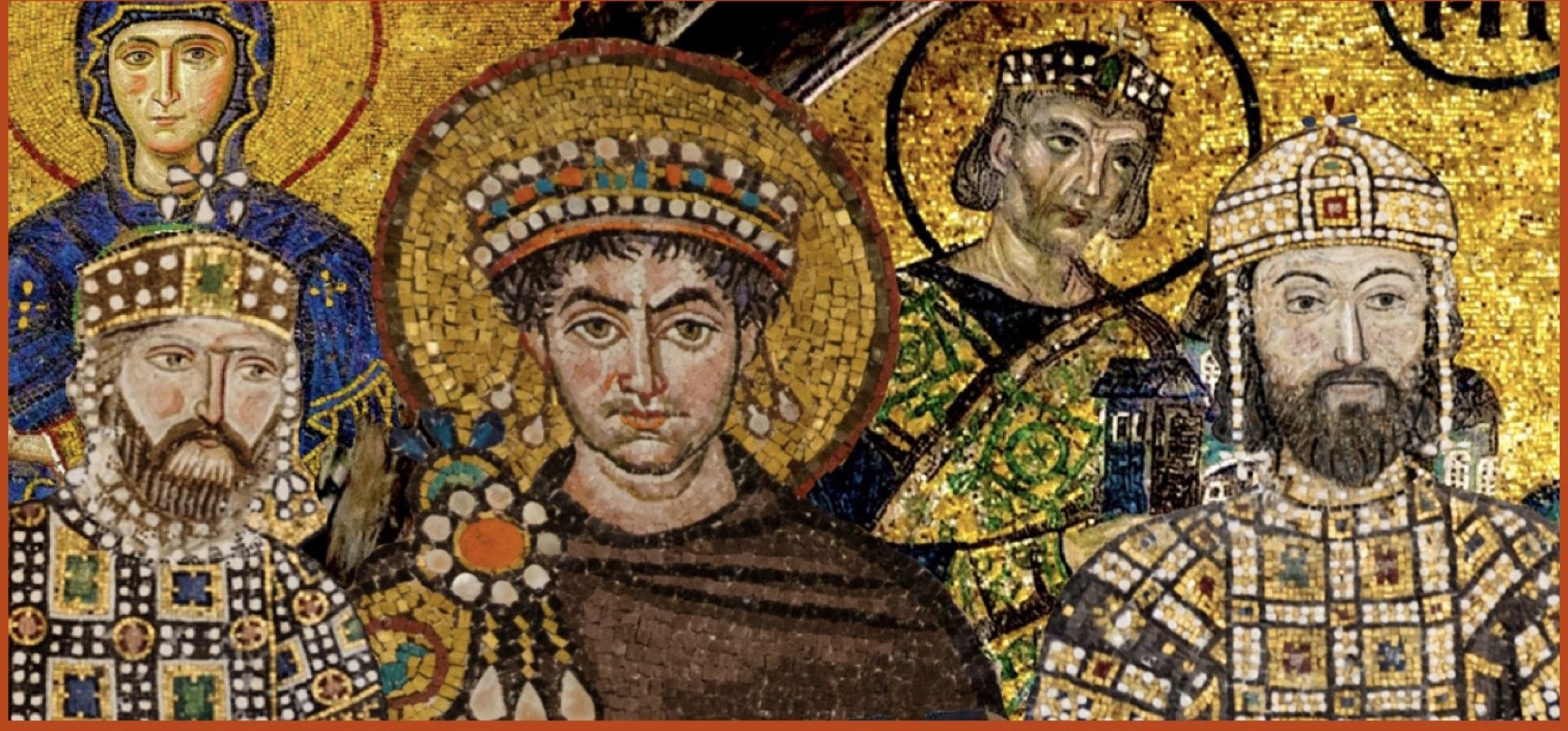A Roman family in lands conquered by the Ottomans would fear one thing above all – that one day the Sultan’s soldiers would arrive and demand the “blood tax”, the devsirme. This meant their sons being taken from them to serve in the Sultan’s army as Janissaries.

“What suffering might one not experience, seeing his own child, whom he raised, over whom he shed tears praying for his happiness, being torn away from him violently by the hands of foreigners and forced to adopt a barbaric language, dress, and religion? A child who once attended churches is taught to murder his own kind!”

These were the words of the Archbishop of Thessaloniki, Isidoros Glabas (14th century). He was commenting about the cruelty of the Ottoman practice of abducting Christian children from their families to turn them into elite Janissary soldiers to serve the Sultan. It was a harsh practice, though it did produce soldiers. It was a way for the Ottomans to operate in lands where Christians were still the majority of the population. In the 1400’s the Balkans and coastal Anatolia were majority Christian areas, this was most of Ottoman territory. This practice affected the Romans/Greeks, as well as the Slavic populations in the Balkans.
I have seen people defend this practice – saying things like “they became powerful elite soldiers and were successful.” As if they were lucky! However, try to think like this: Would people want to give their son away to a foreign family with a different religion, language, and culture if they were guaranteed a good job? That’s the real answer to the question regarding whether this practice was desirable for the family. Perhaps for a few destitute families it was, but certainly not for most.

